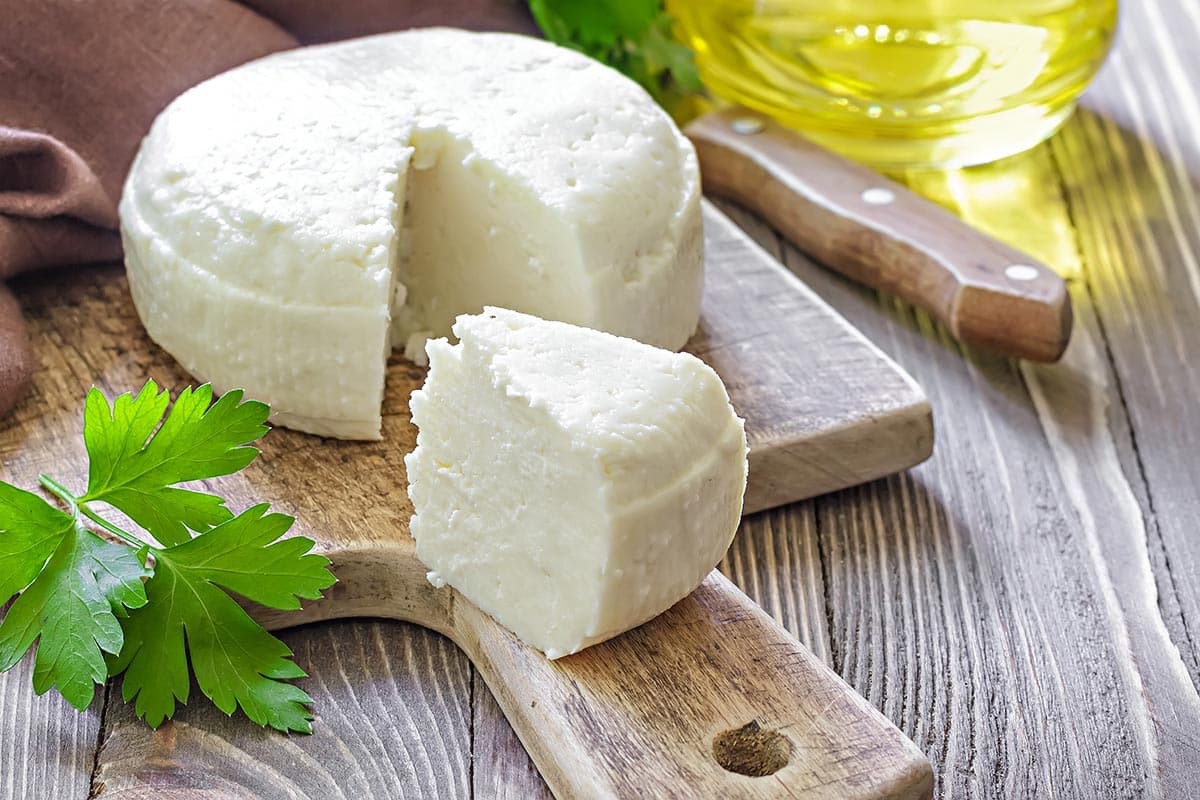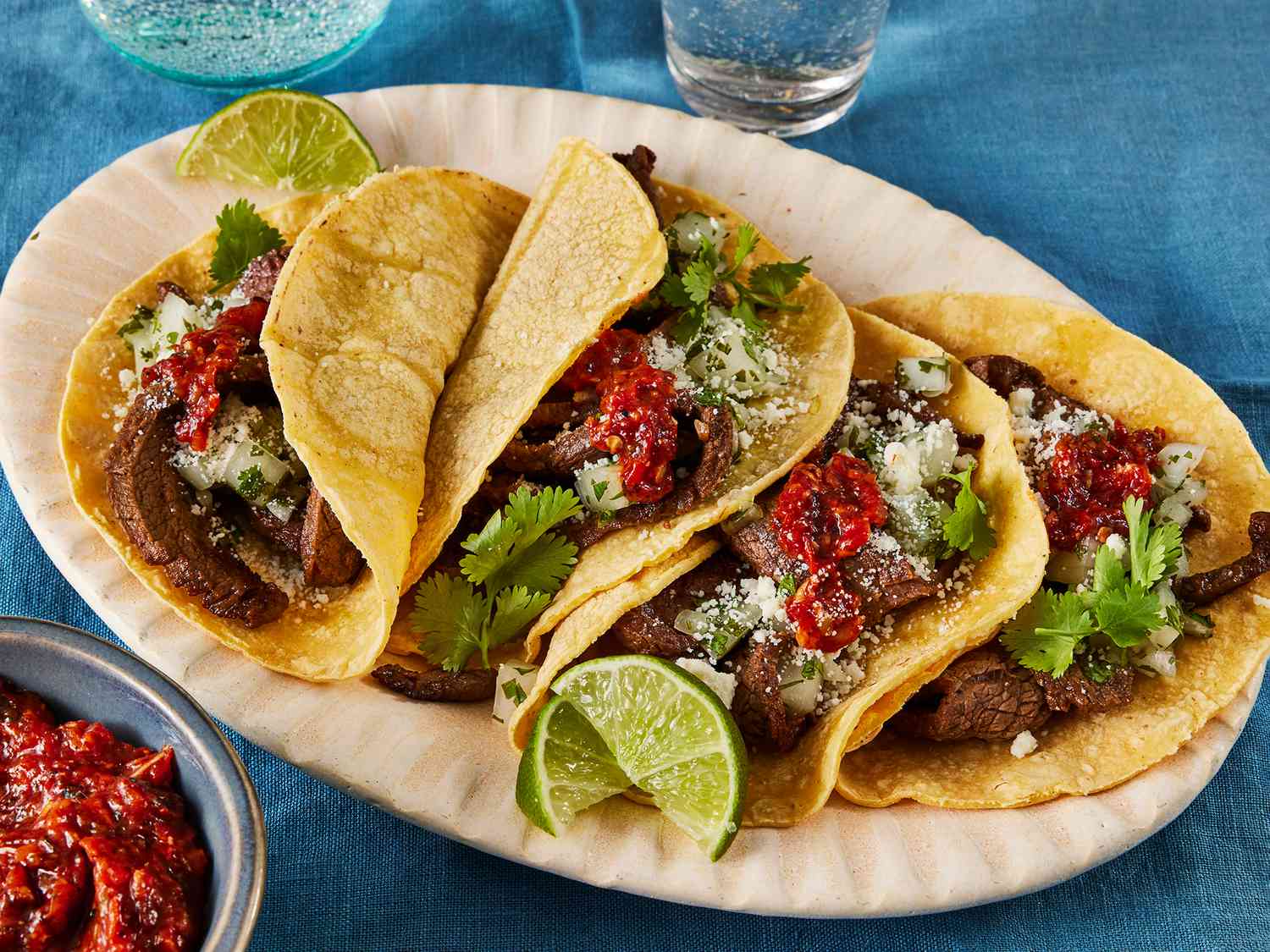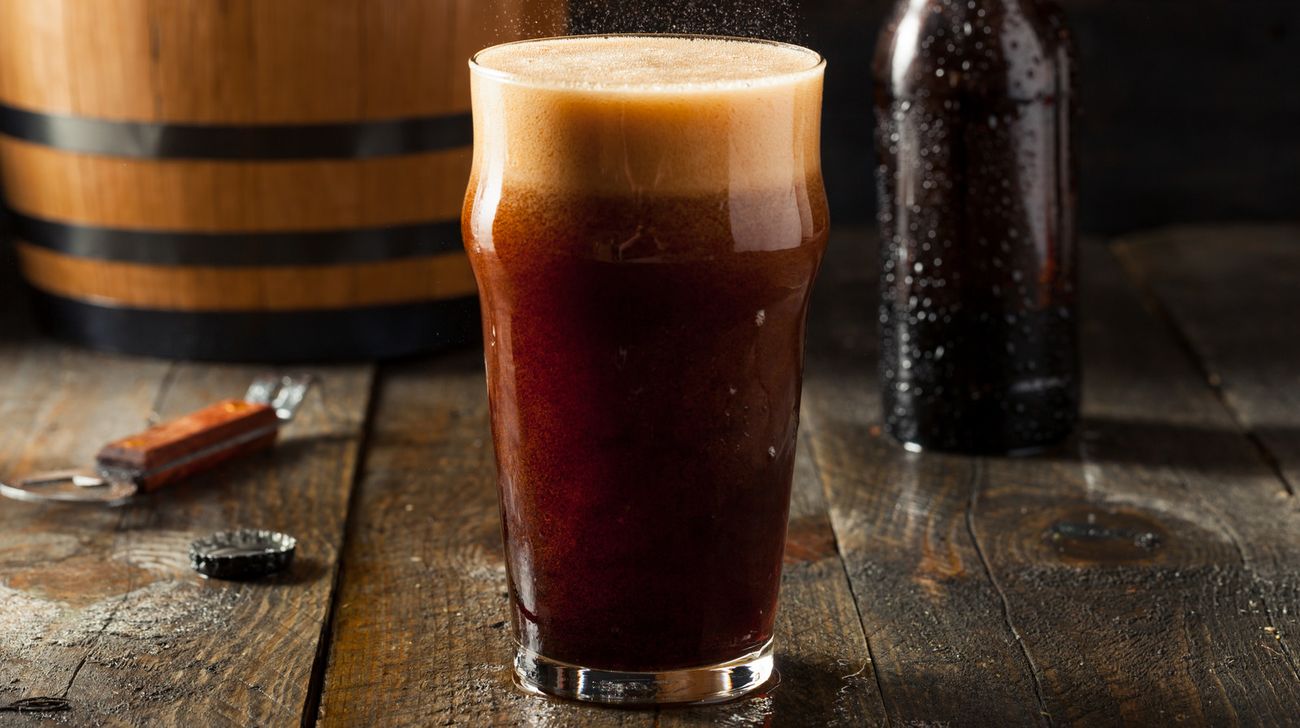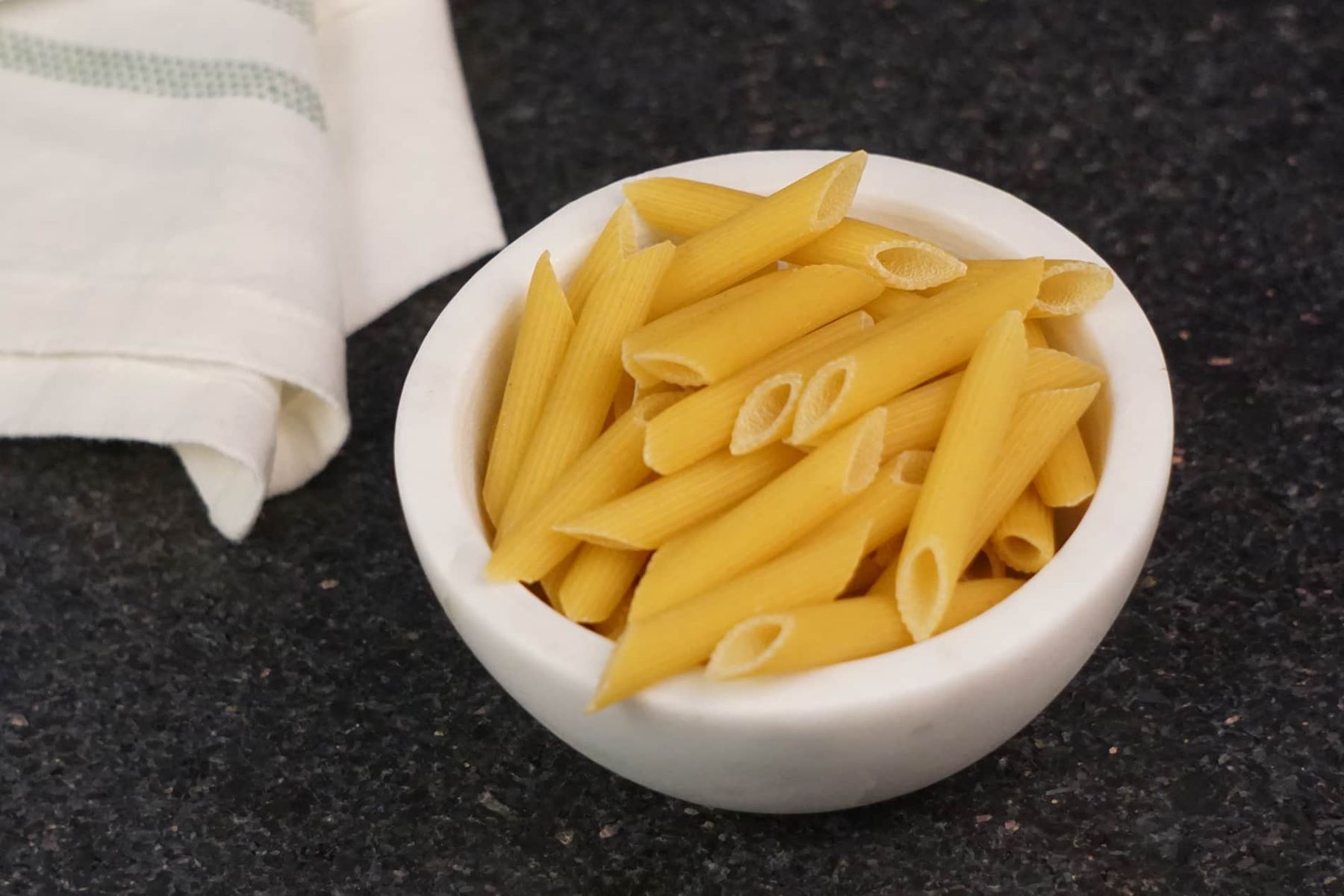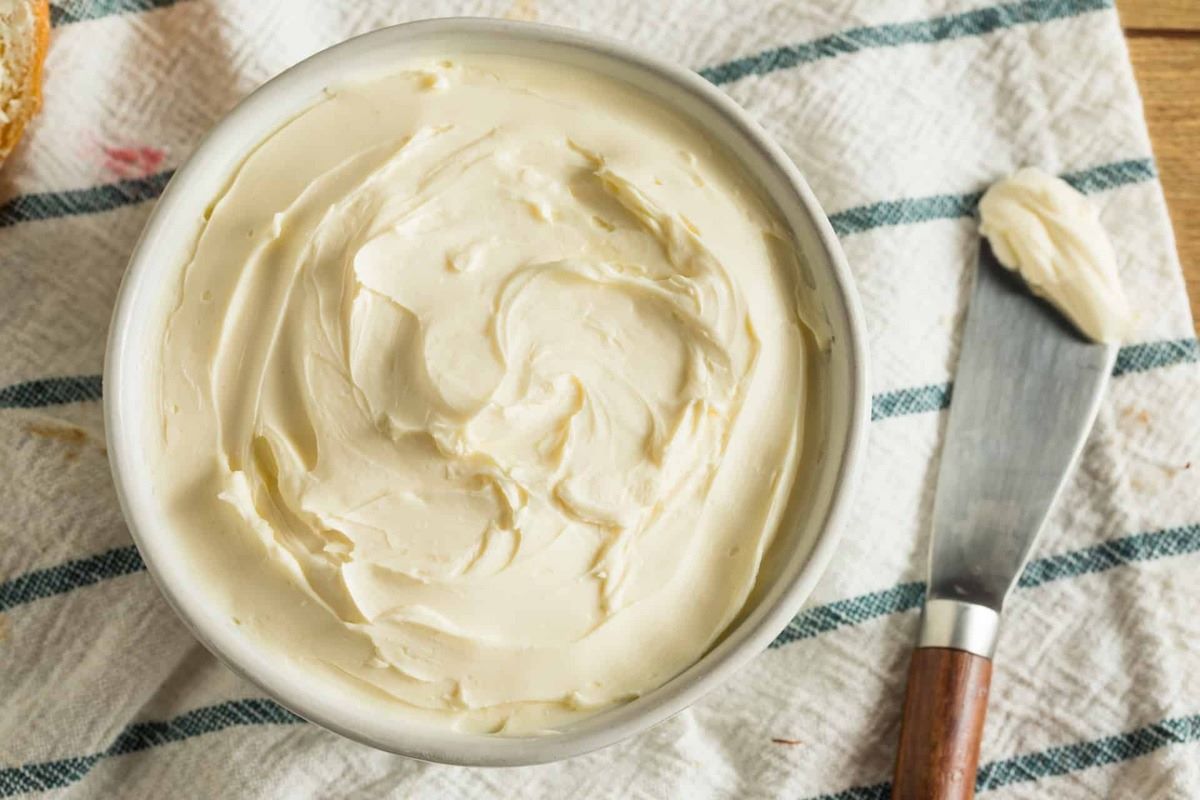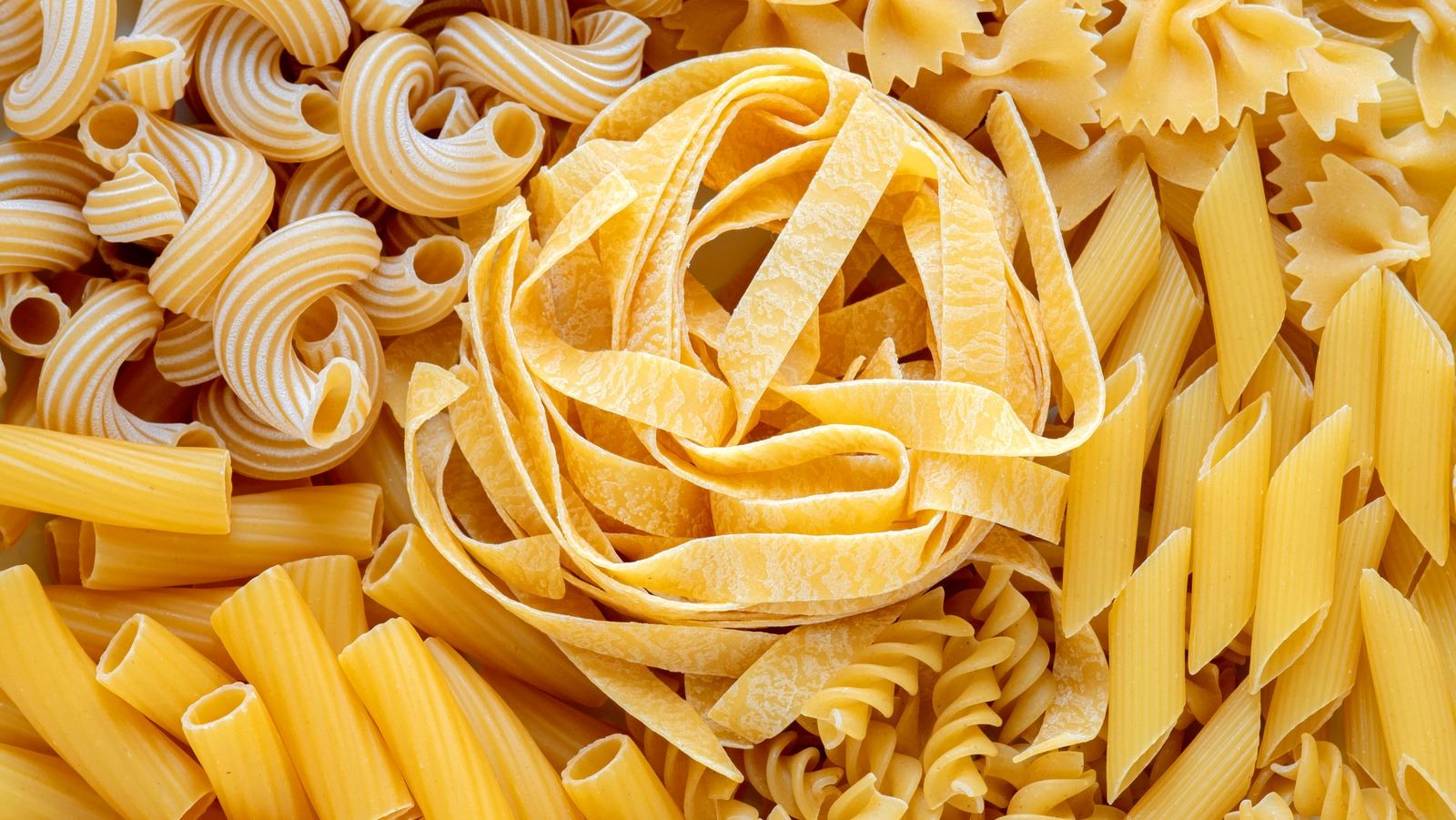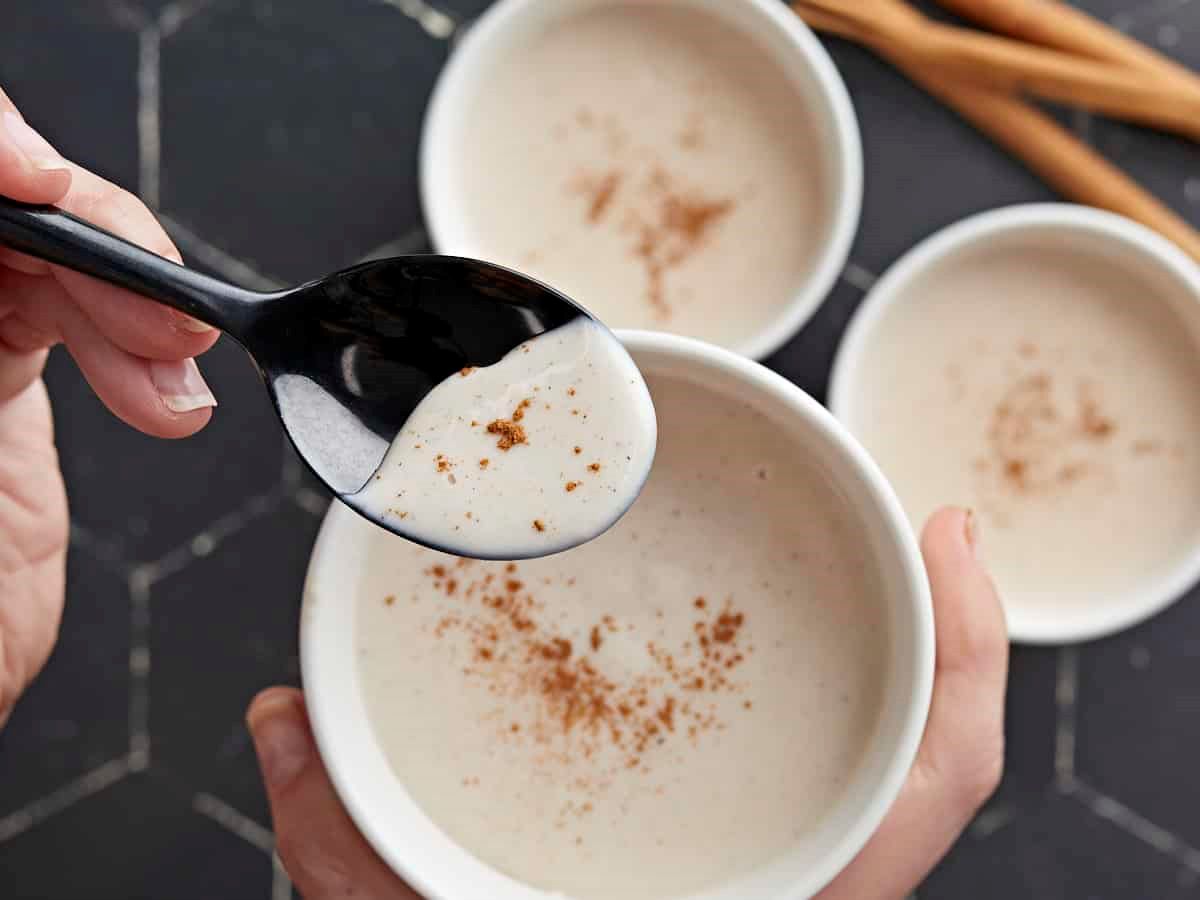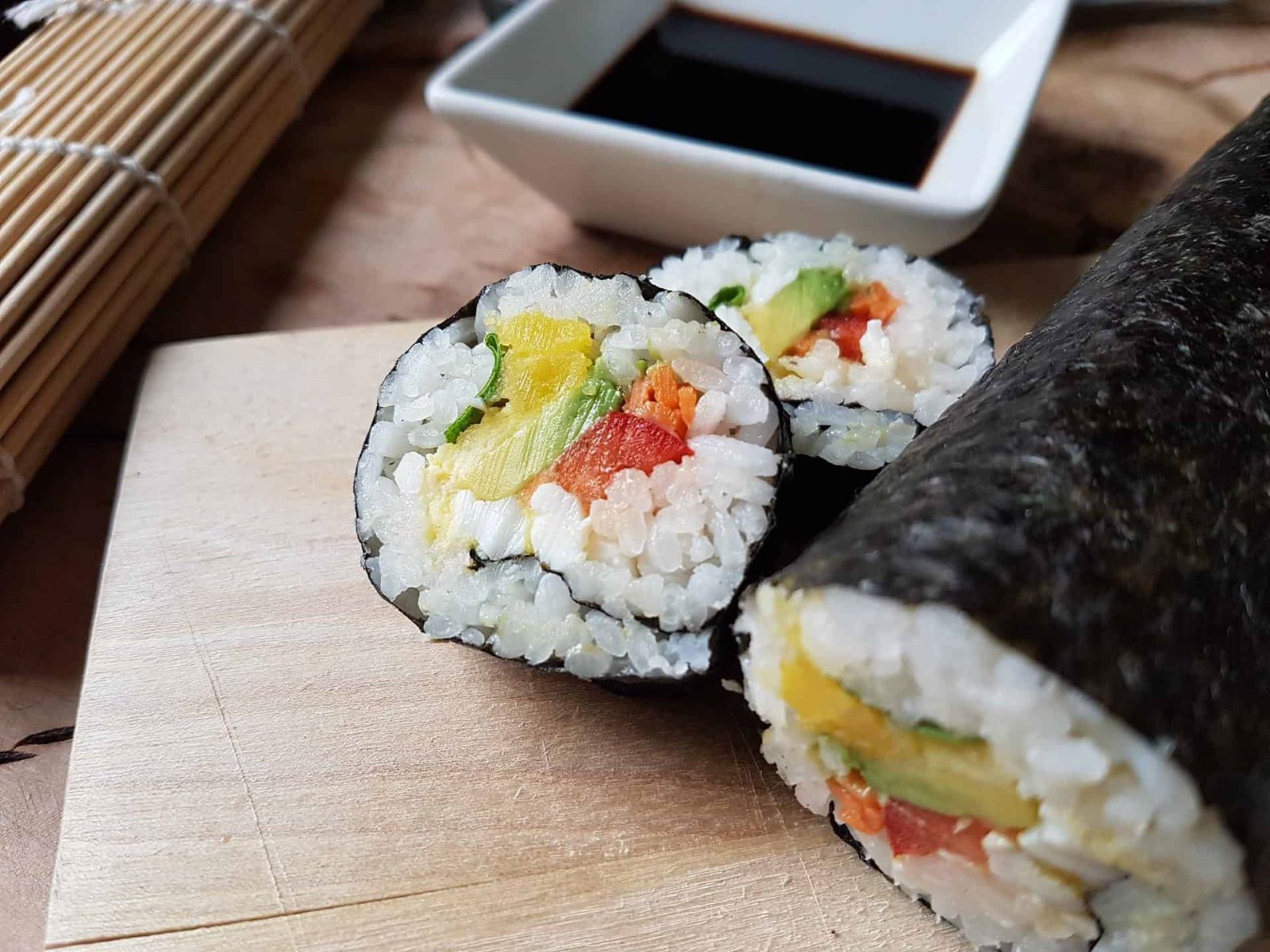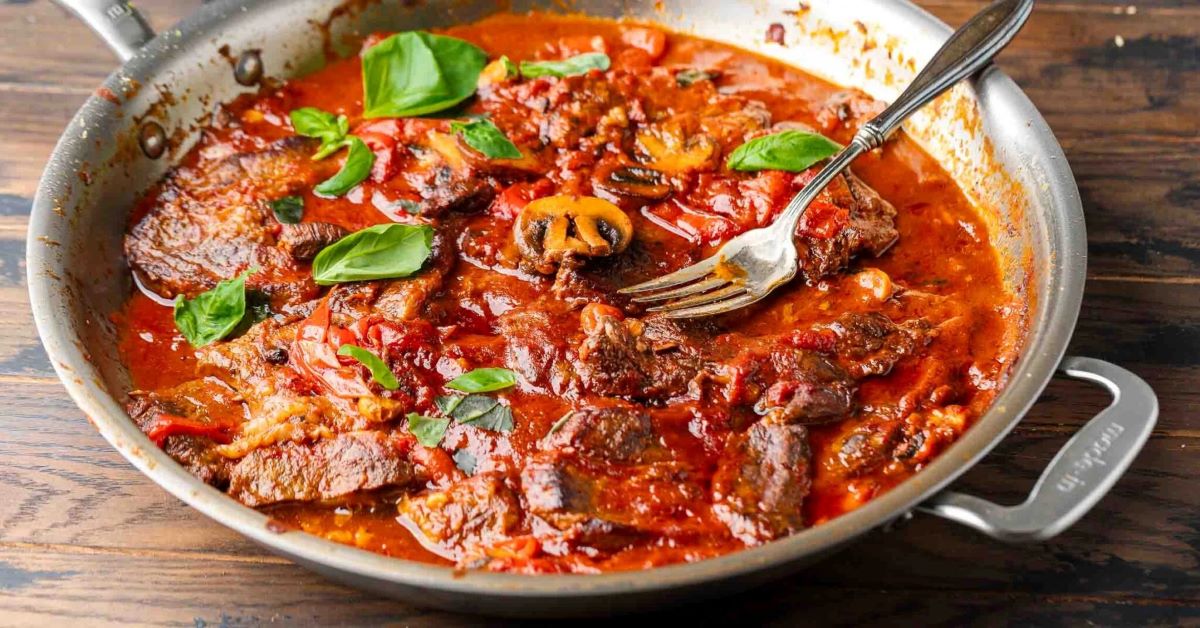Discovering the Delightful Nonna Pizza
When it comes to classic Italian cuisine, pizza is undoubtedly one of the most beloved dishes around the world. From thin-crust Margheritas to thick and cheesy Sicilians, there are countless variations of this delectable dish. However, one style that stands out for its traditional charm and authentic flavors is the Nonna pizza.
So, what exactly is a Nonna pizza? Let’s delve into the delightful world of this beloved Italian classic.
The Origins of Nonna Pizza
The term “Nonna” translates to “grandmother” in Italian, and the Nonna pizza is a homage to the traditional, rustic pizzas that were lovingly prepared by Italian grandmothers in their home kitchens. These pizzas are a celebration of simplicity, using basic, high-quality ingredients and time-honored techniques to create a truly authentic taste.
Key Characteristics of Nonna Pizza
Nonna pizzas are typically characterized by the following key features:
- Thick, Chewy Crust: Unlike the thin and crispy Neapolitan style, Nonna pizzas boast a thicker, chewier crust that is often slightly charred on the edges, adding a delightful smoky flavor.
- Simple Toppings: Nonna pizzas are adorned with uncomplicated toppings such as fresh tomatoes, mozzarella, basil, and a drizzle of olive oil. These minimalistic toppings allow the flavors of the ingredients to shine through.
- Rectangular Shape: Nonna pizzas are often baked in rectangular pans, giving them a distinctive shape that sets them apart from the traditional round pizzas.
- Slow Fermentation: The dough for Nonna pizza is typically subjected to a slow fermentation process, resulting in a more complex and developed flavor profile.
The Art of Making Nonna Pizza
Creating an authentic Nonna pizza is a labor of love that requires attention to detail and a deep respect for tradition. The process typically involves:
- Preparing the Dough: The dough is made using simple ingredients such as flour, water, yeast, and salt. It is kneaded to achieve the perfect texture and then left to ferment slowly for optimal flavor development.
- Assembling the Pizza: Once the dough has risen, it is stretched and placed in a rectangular pan. A thin layer of tomato sauce, fresh mozzarella, and a scattering of basil leaves are added to the top.
- Baking to Perfection: The pizza is then baked in a hot oven until the crust is golden and the cheese is bubbling and slightly browned.
- Finishing Touches: A drizzle of extra virgin olive oil and a sprinkle of sea salt are the final touches that enhance the flavors of the Nonna pizza.
Where to Enjoy Nonna Pizza
While Nonna pizzas are a staple in Italian households, they can also be savored at authentic pizzerias that specialize in traditional Italian fare. Many of these establishments take pride in preserving the heritage and flavors of Nonna pizza, offering a taste of genuine Italian culinary tradition.
Whether you’re visiting Italy or seeking out an authentic Italian dining experience closer to home, be sure to keep an eye out for Nonna pizza on the menu. Its rustic charm and timeless flavors are sure to leave a lasting impression.
In conclusion, Nonna pizza is a delightful representation of the rich culinary heritage of Italy. Its simple yet flavorful composition and traditional preparation methods make it a beloved classic that continues to capture the hearts and taste buds of pizza enthusiasts around the world.
Was this page helpful?
Read Next: What Is Pork Sausage?
